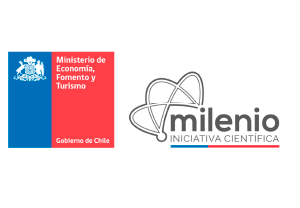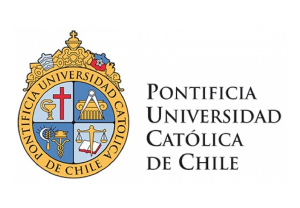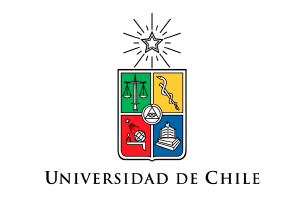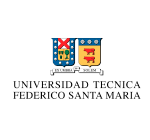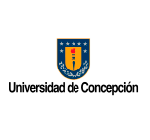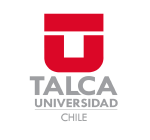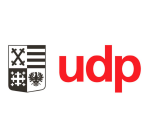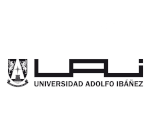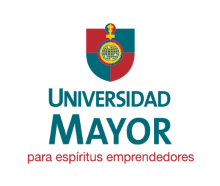Noticias
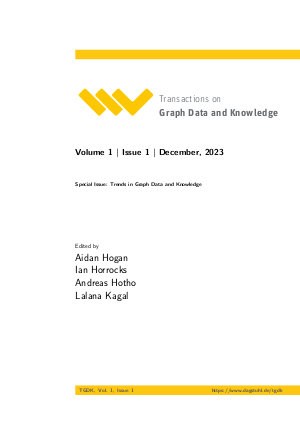
April, 2024.- Transactions on Graph Data and Knowledge (TGDK) is a new journal that publishes peer-reviewed research on the use of graphs to represent data and knowledge, as well as the techniques, theories, applications and results that emerge in this environment.
Created by Aidan Hogan, Universidad de Chile; Ian Horrocks, University of Oxford, U.K.; Lalana Kagal, Massachusetts Institute of Technology, U.S. y Andreas Hotho, University of Würzburg, Alemania; TGDK is a Diamond OA journal, meaning that articles are published openly at no cost to both authors and readers.
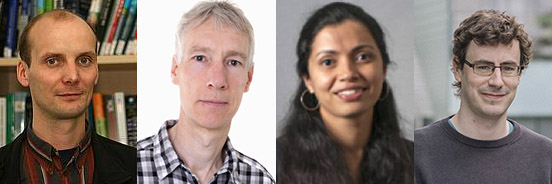
This initiative arises as an alternative that seeks to change the business scheme of many journals and publishers that are currently charging an oversized fee to publish academic research. “The gap between the service provided by publishers such as Elsevier and the cost they impose is abysmal,” explains Aidan Hogan, deputy director of the Department of Computer Science at the University of Chile, and IMFD researcher. “The services are largely provided by academics who write, edit and review articles on a voluntary basis. Publishers get payments from subscriptions to be able to read the articles or in the APCs (article processing charges) they charge to publish articles in Open Access form with them,” he adds.
“Andreas, Ian and Lalana resigned as editors-in-chief of Elsevier’s Journal of Web Semantics, and in parallel, I wrote a blog post detailing the problems with Elsevier and similar publishers, for which I was invited by a SWSA committee to participate in defining this new journal, and to be one of its editors-in-chief,” Hogan notes.
What is scientific publication?
The academic tradition of scientific publishers and journals is a long-standing one. For people working in science, the publication process is familiar: research is submitted to a journal (which may have more or less prestige), evaluated, corrected and published. This allows the work to be, in some way, validated by the international scientific community, and to be made available to people working in the same area.
Until a few years ago, the associated costs were layout, printing and distribution, since, as Hogan explains, reviews have always been performed by peer reviewers, who are not remunerated by the journals. However, many publishers and journals are now charging fees that far exceed the costs of publication, which is now mainly done on the web, so that printing and distribution costs are non-existent, and layout costs are much lower than before, since the researchers themselves can do it without any problems.
Charging for access to knowledge
The team behind TGDK, and many other scientists, believe that publishers are taking advantage of the academic tradition, as well as the institutions that support it, to profit from the taxpayers of the countries that fund the research.
“We see that, with the web, there are ways to publish our research in a much more economical way, and thus, help to repair this situation. Thinking about Chile, I can see how the exorbitant costs can exclude some countries or researchers from participating in the system, deepening the inequality that exists in the participation in the development of research and in the access to its results”, says the researcher, who also highlights the importance of free and open access to knowledge, recalling “the story of Aaron Swartz, who tried to repair this inequality, freeing the results of research funded by people to humanity, and died at an early age as a consequence of his convictions”.
TGDK aims to be an exemplar of a new type of research journal, one that maintains or surpasses the prestige and quality of international journals published with commercial publishers, but without the associated high and unnecessary costs. “The academic tradition makes this process difficult, since in many institutions publications are valued by the editorial of the article, its inclusion in international indexes, and its ‘impact factor’ that measures how many citations the journal’s articles receive, all elements that are controlled, in large part, by for-profit companies,” Hogan points out. For the researcher, not participating in this system is almost incompatible with being an academic, so it is necessary to change this environment to promote scientific research without inequalities.
A necessary change
To promote the new TGDK journal, the researchers created a community of international experts, such as editors and reviewers, who lend their reputation to the publication. The publishing house, Dagstuhl Publishing, offers low-cost services and most importantly, fully shares the vision of the team behind the publication.
A first edition with twelve selected articles is already published, and in the medium term, the team is looking for the inclusion of TGDK in international indexes of greater relevance, so that it acquires a good impact factor. “We are implementing some innovations on review times, acknowledgements for anonymous reviewers, publication of resources beyond research, among others. There are still many things to improve in the current notion of a scholarly journal beyond its cost,” Hogan emphasizes.
At the forefront of graphs
Transactions on Graph Data and Knowledge (TGDK) is a new open access journal that publishes research contributions on the use of graph-based abstractions to represent data and knowledge.
Graphs enable the application of a wide variety of techniques to integrate, query, reason, and learn from diverse data and knowledge on a large scale. TGDK brings together the expertise of diverse research communities in computer science, graph databases, graph representation learning, graph theory, knowledge graphs, knowledge representation, and the semantic web.
In recent years there has been a resurgence of interest in the use of graphs to represent data and knowledge. The topic is gaining traction in both industry and academia, and advances in other areas of computer science are also reflected in this field: for example, key developments in the area of deep learning have led to the emergence of powerful new techniques in the field of graph representation learning.
Data and graph knowledge can also play a role in other areas of computing, leading to advances in data science, information retrieval, natural language processing and other fields. Because of this versatility, more and more uses of data graphs continue to emerge, facilitating new discoveries in scientific disciplines, more transparency in governance, smarter applications for users, better data management in industries, and many other advances. TGDK aims to showcase state-of-the-art advances in this area and change the academic publishing environment.








